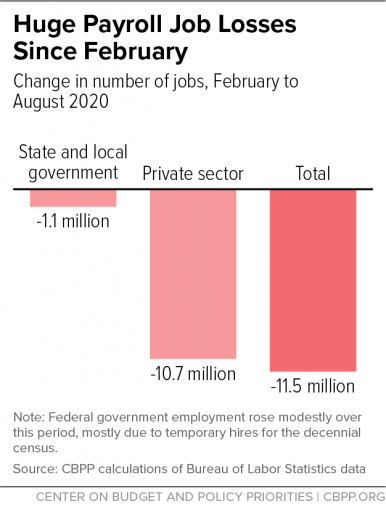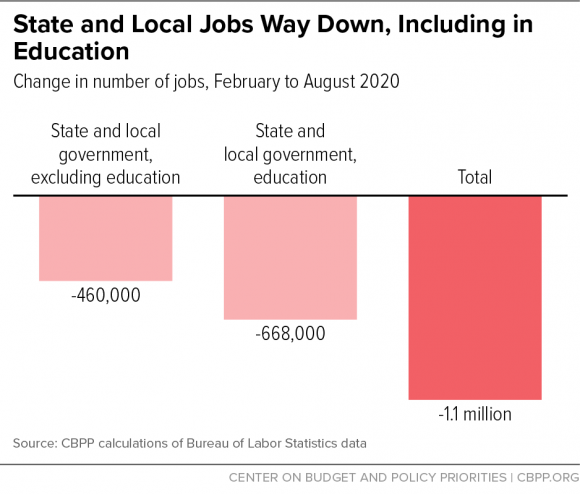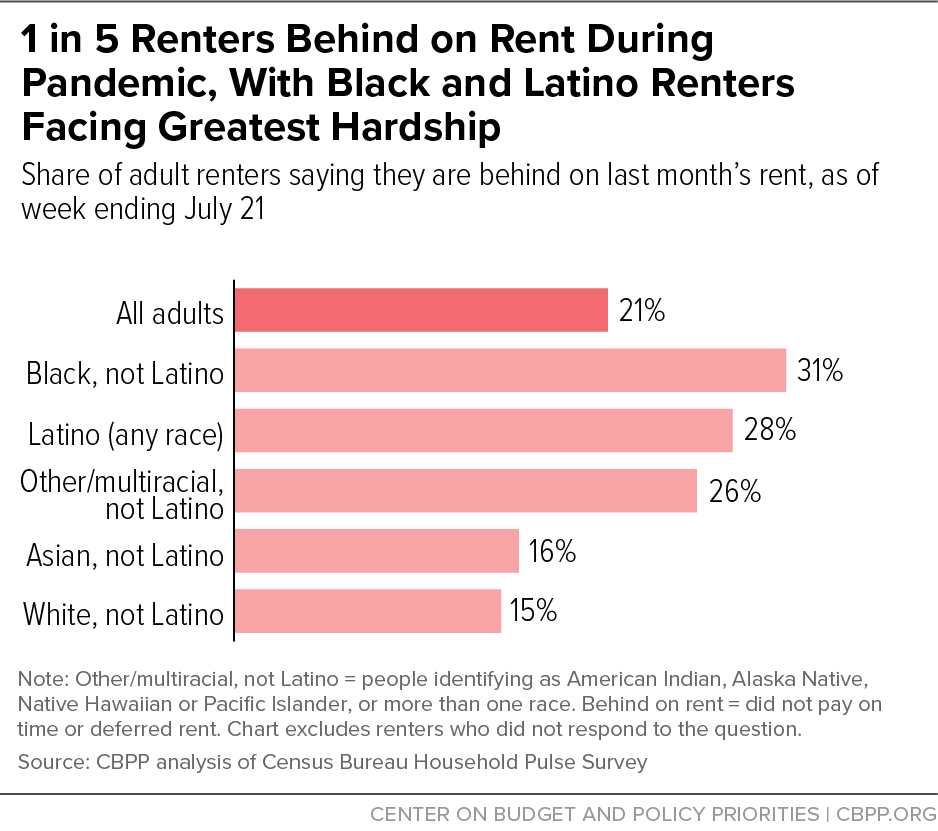Our @JLSullivan spoke yesterday on #COVID19andRace on an informative panel yesterday moderated by @LABudgetProject & @ReillyCenter. Here’s a quick recap of what she talked about & where to find more information. You can watch the full discussion here:
In Louisiana, 70% of #COVID19 deaths were African Americans, despite making up only a 1/3 of the state’s population. And while the disparity is stark in Louisiana, it’s a very similar story across the country.
“This is shocking, but not new. It’s shining a light on an uncomfortable truth many of us have known all along. As long as we live in a society that doesn’t prioritize health equity, low-income people & people of color will carry an unequal burden.” - @JLSullivan
Our report on the desperate need for more state fiscal relief is here: cbpp.org/research/state…
“Too often, people of color have experienced years of economic hardship, received lesser quality health care, & have been segregated into neighborhoods that lack access to nutritious food, green space, & all of the things that we know shape health.”
cbpp.org/research/pover…
cbpp.org/research/pover…
“States are suffering right now and they’re going to suffer a lot more in the months & years to come. If we don’t do enough to help states recover, we are going to put other public health priorities at risk.” - @JLSullivan
cbpp.org/blog/contrary-…
cbpp.org/blog/contrary-…
“These priorities are essential for protecting & improving health for communities of color like maternal mortality & environmental quality & water quality.”
You can watch the full #COVID19andRace conversation here:
You can watch the full #COVID19andRace conversation here:
• • •
Missing some Tweet in this thread? You can try to
force a refresh












